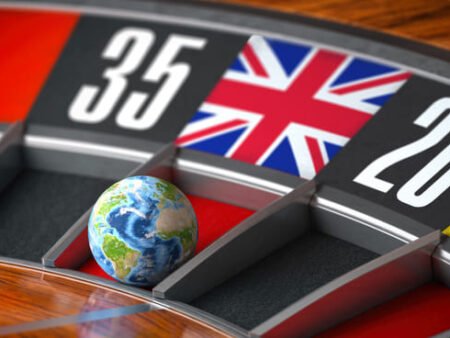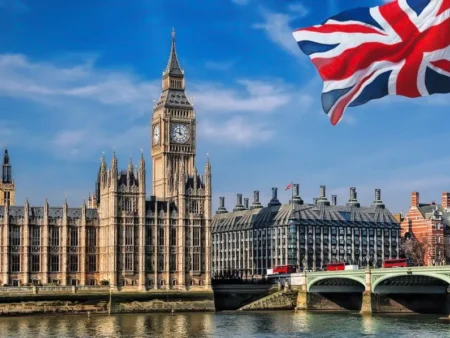The recent uproar over bets on the UK’s general election date has illuminated a lesser-known facet of the gambling industry.
The stir caused by numerous wagers on the election date, before Rishi Sunak made the announcement, has brought a niche segment of the gambling world into the spotlight. The scandal emerged with The Guardian’s revelations about a bet placed by Craig Williams, one of Sunak’s political aides.
Moreover, three other individuals close to the prime minister are now under investigation by the Gambling Commission, exacerbating the crisis for the Tories. So, how does political betting operate, how popular is it, and how might inside information be used to outsmart the bookies?
The Scale of Political Betting
Compared to the overall British gambling industry, political betting is relatively minor, though it peaks during major events. Last year, £25 billion was wagered on sports alone. Political betting is so small that the Gambling Commission doesn’t even report figures on it. Nevertheless, its popularity has surged. In 1997, bookmakers estimated up to £10 million would be bet on the general election. Today, a UK election could see wagers in the “tens of millions,” according to a political betting expert.
While sports betting remains the most lucrative, certain globally significant events can also attract substantial bets. For instance, the 2020 US presidential election was among the top 10 betting events ever, with a market worth £1.7 billion on the Betfair exchange alone.
Betting Options
Bookmakers have seized the opportunity presented by the growing interest in political betting. Many well-known bookmakers offer markets on the results for all 650 constituencies in the general election, as well as political events worldwide. Betfair, for example, provides markets on topics ranging from President Joe Biden being impeached to the election outcome in Australia’s Northern Territory.
“Political betting is quite niche, and those who are into it are very passionate,” said Neil Channing, a professional gambler and co-host of the political betting podcast Bet the House, whose latest episode was titled “Selling Jeremy Hunt.”
On specialised sites like Smarkets, bets can be even more specific. Their exchange has offered markets on the next country to leave the EU, whether the UK will have a referendum on the monarchy before 2024, and when GB News will stop broadcasting.
Predictive Power of Betting Odds
Betting odds can provide some insight into political outcomes. While polls reflect public preference, betting markets indicate who people think will actually win. There is some logic to the wisdom of crowds. However, bookmakers can make mistakes. In the 2016 US presidential election, Paddy Power Betfair was so certain of Hillary Clinton’s victory that it paid out £800,000 before the result. Donald Trump’s win cost the company £5 million in total.
Bettors can also misjudge outcomes. In 2017, a 24-year-old graduate from Norwich bet £10,000 on Jeremy Corbyn leading Labour to victory. He could have won £182,000 but lost it all.
Sometimes, bets are made for publicity. An expert recalls a surge of bets on a London mayoral candidate with no chance of winning. Thousands were wagered, reducing his odds to 5/1. “We assume it was just to get publicity. It was free money for serious gamblers who could lay [take the opposite side of] this foolish bet on Betfair,” they said.
The Risk of Cheating in Political Betting
Betting is inherently about information asymmetry. Those who profit from betting – and the bookmakers – do well because they know more than the average punter. However, there’s a difference between having more information and knowing the outcome of an event.
When it comes to the general election date, a small group of people would have known it in advance and could have used that information to place bets. In theory, this could be considered cheating under the Gambling Act 2005. The Gambling Commission has the power to prosecute suspected cheaters, though it rarely does. Since its inception in 2005, the commission has prosecuted only one cheating case, involving a man who drugged dogs to fix greyhound races.
The Role of Bookmakers
Bookmakers are averse to losing. They often screen customers involved in sports, from stablehands to racehorse owners and professional footballers. Major operators maintain lists of politically exposed persons (PEPs), whose betting activity might be flagged automatically. Some bookmakers also employ dedicated politics “traders” who set odds for political events and monitor related bets.
If a bookmaker suspects cheating, they must report it to the Gambling Commission as part of their operating licence in Great Britain. Recently, the Gambling Commission has fined operators for failing to properly monitor PEPs.













I also want to make such bets with a 100% win!